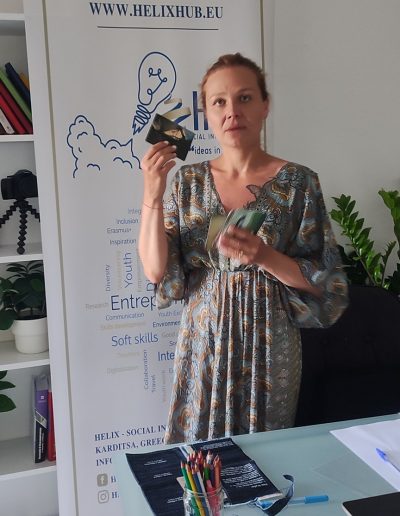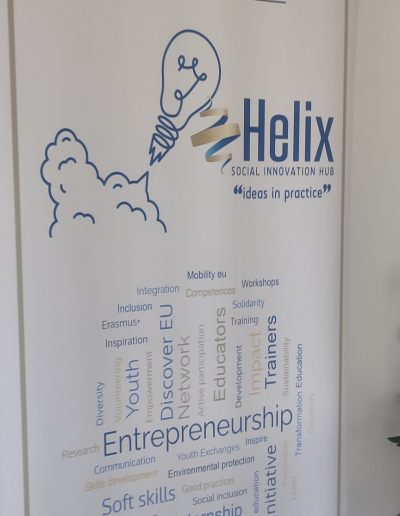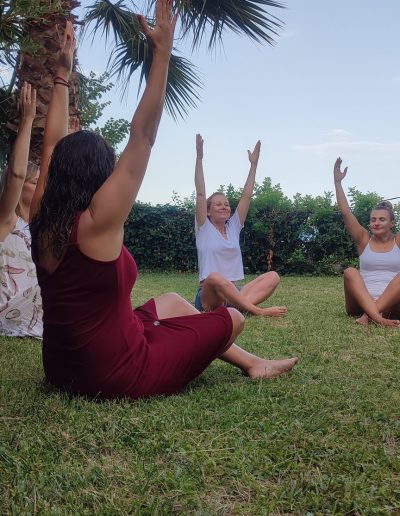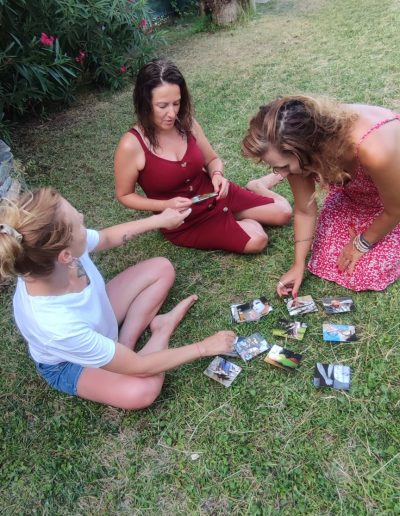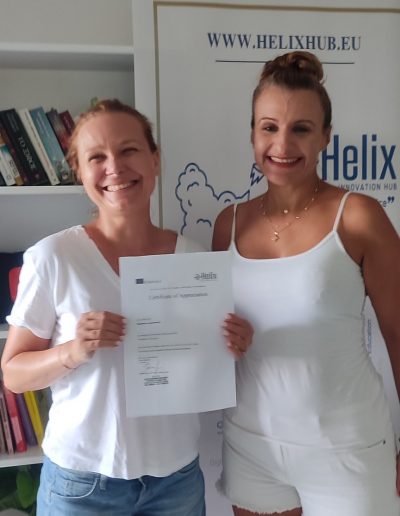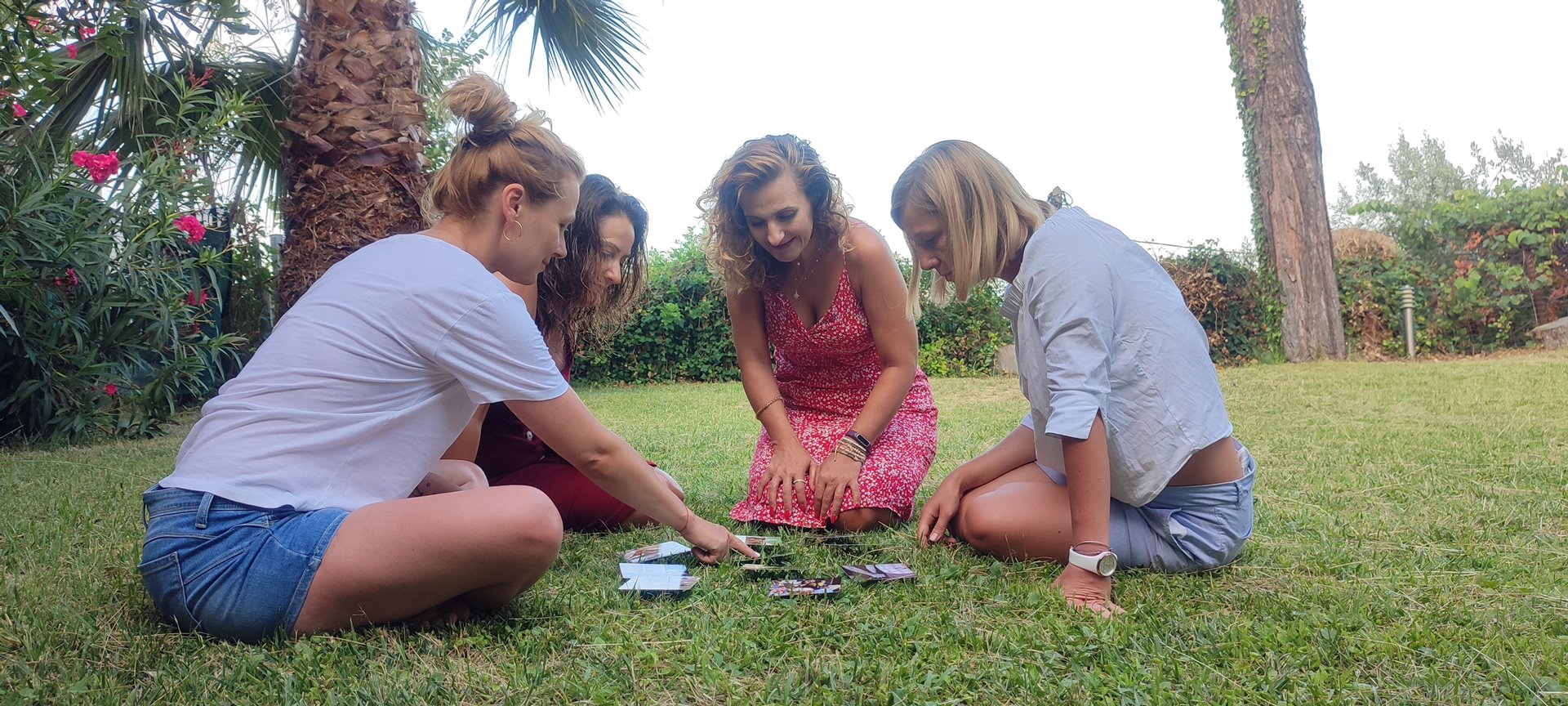
My task was to provide simple techniques and tools that educators could then use to take care of themselves in their daily work. Focusing on the breath, grounding meditations, elements of mindfulness and mindful-eating, entering the alpha state, using your own resources and what is around (elements of nature – sun, grass, water source, trees, etc.).
Participants had the opportunity to notice how their emotions affect contacts with others in the work environment and how they affect work efficiency and establishing bonds with colleagues and charges.
The aim of the training was to provide tools that will allow you to notice, experience, integrate and notice how we influence each other and how to benefit from it.
One day was devoted to topics related to diet and nutrition, as well as education in the field of the value of what, how and where we eat for our physical health and mental well-being.
For me, it was an interesting experience to observe such reactions in a different cultural context. For some reason, I incorrectly (as it turned out) assumed that southerners were more relaxed, but it turned out that stress affects people equally negatively regardless of latitude and stress reduction techniques and ways to take care of your well-bing are so just as important.
For the participants of the training, an important element of the training were the moments when they could share with each other their feelings and observations related to what was happening in their bodies and minds. Most of them noticed that their own well-being was so far something they at least paid attention to in their work, and they saw great value in discovering that the more they take care of themselves, the more they have to offer others, which in the environment of educators is extremely helpful. An element that turned out to be important for the participants was also the opportunity to share their feelings in a safe, supportive atmosphere when they felt that they were not being judged.
Participants also noticed how important it is to take care of their basic needs in their lives – sleep, rest, consumed food, friendly relations with people from the closest environment. Most of them had not noticed the mind-body connection before and were surprised to discover how much they can do for themselves to feel better, get sick less, how much emotions affect immunity and mental well-being.
For me, the training was interesting because of working in a different cultural context. Despite the kind of distance I sensed on the first day, the group turned out to be very engaged and curious about everything I had prepared for them.
The training which Magda delivered was carried out as part of our Wider Horizons project. The project is financed under the Erasmus + program of the European Union.
